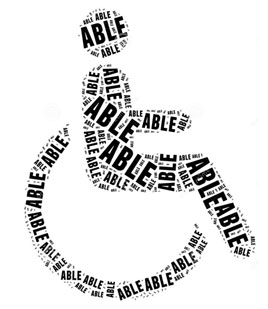
In 2014 the federal government passed legislation allowing the creation of “Achieving a Better Life Experience” [“ABLE”] accounts. Much like Supplemental Needs Trusts, these accounts are permitted to hold funds for disabled individuals that would otherwise leave them with too much financial resources to maintain Medicaid and Supplemental Security Income [“SSI”].
The main benefits of ABLE accounts are that they are self-created and inexpensive: No legal fees, no on-going trustee commissions. The disabled individual, his family members or his Power of Attorney may create ABLE accounts, as may a Trust created by another person. And while ABLE accounts can pay for health-related expenses, any money that is used for food and shelter will not result in SSI being reduced by 1/3.
There are, however, some downsides: The ABLE account can never exceed $100,000, and the maximum yearly contributions cannot exceed $15,000. This means that recently-disabled people who have been working for several years and accumulated assets, or people who have inherited funds from another person’s estate may not be able to transfer enough assets to an ABLE account in order to qualify for Medicaid. In these cases, the client will likely want some type of Supplemental Needs Trust or Pooled Income Trust established. Lastly, much like these trusts, ABLE accounts still have a Medicaid payback provision, so any funds left in the account at the time of the beneficiary’s death must be paid back to Medicaid.
ABLE accounts seem to make most sense with individuals with lesser-amounts of money who do not intend to inherit funds. People with more money should likely create Supplemental Needs Trusts, and those inheriting funds should make sure their family members create these trusts in their own legal documents to avoid invalidating the beneficiary’s Medicaid and SSI.










